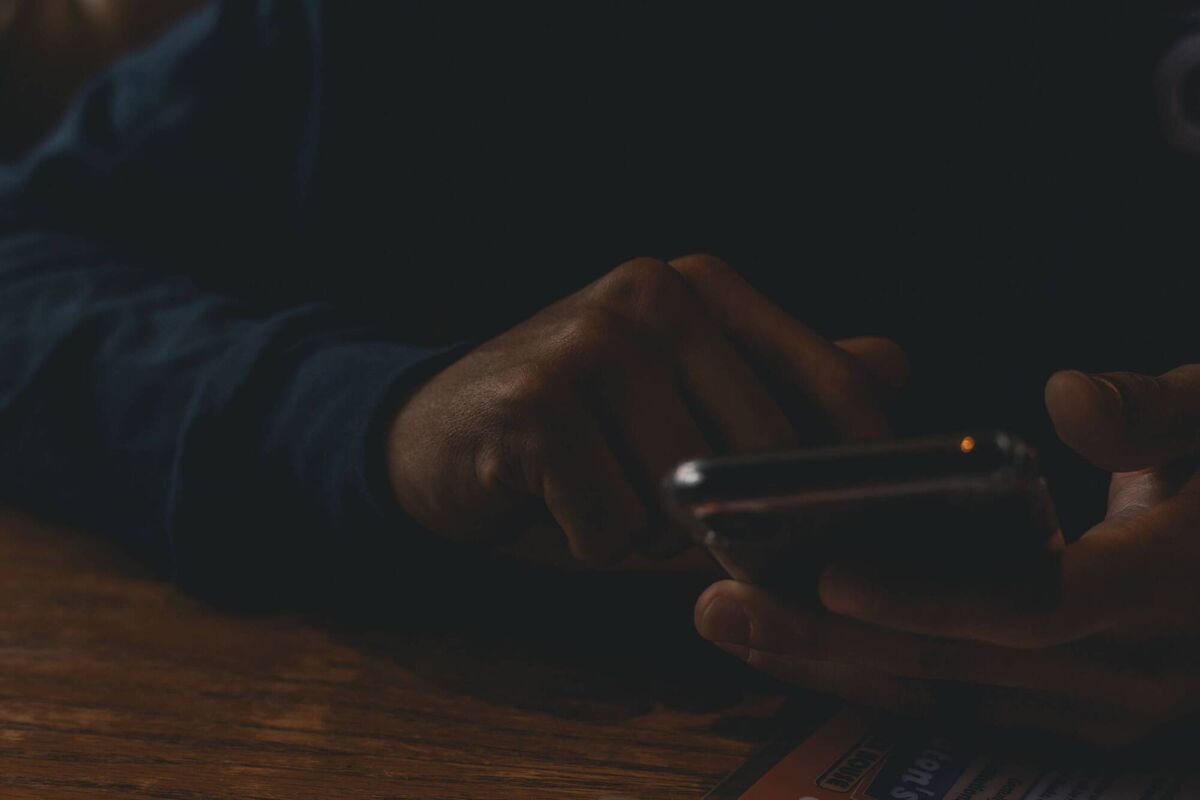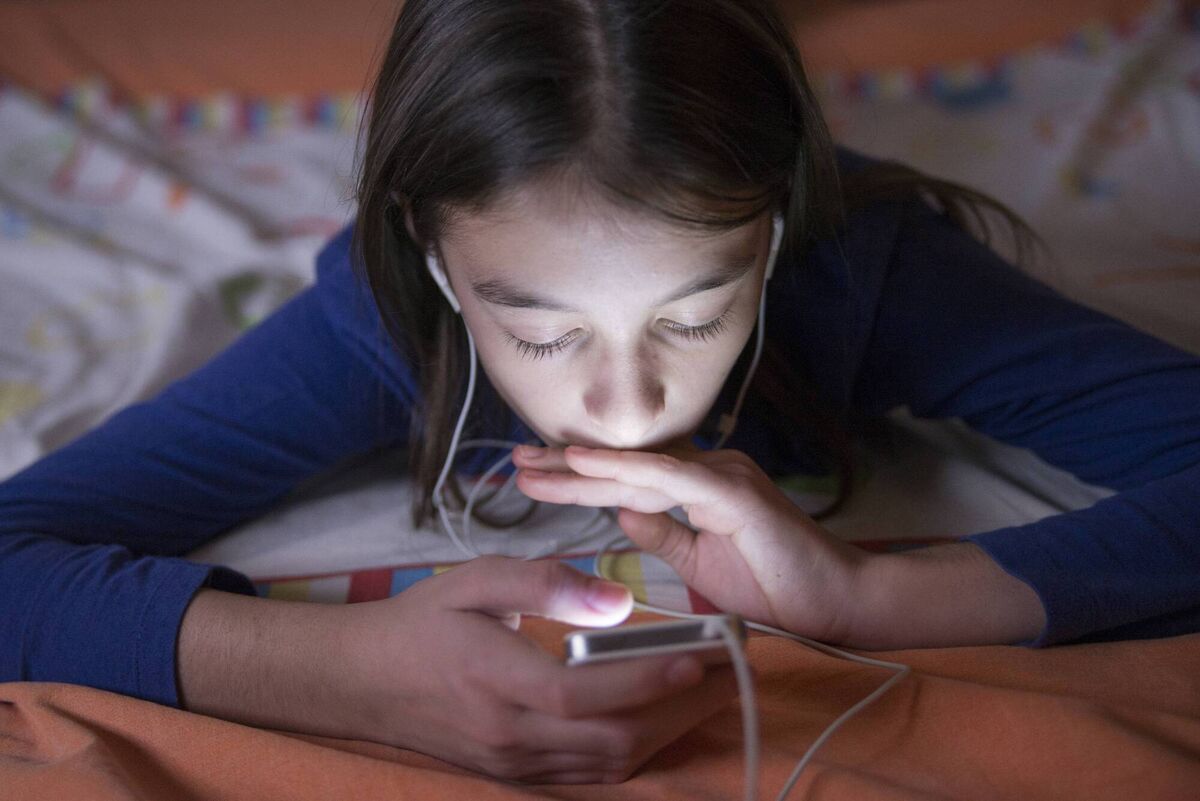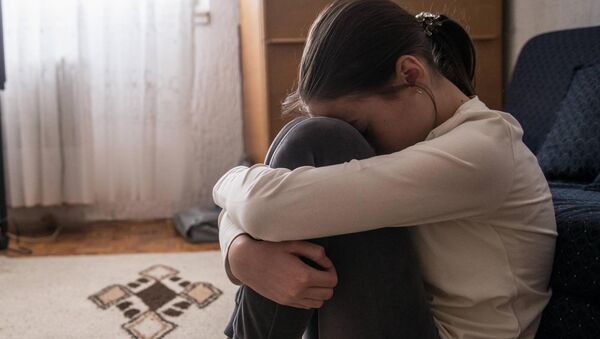Social media websites’ inaction facilitating cyberbullying of kids
Social media platforms enable continued cyberbullying of children by refusing to take meaningful action when complaints are made.
The ISPCC and the Children’s Rights Alliance have also advocated social media companies to prioritize profits over children’s psychological wellbeing.
John Church, CEO of ISPCC, also warned that versions of social platforms aimed at children are the “alcopops” of the online world and are only used to recruit children at a younger age.
Groups representing children want new legislation setting up a media commissioner to mark the end of self-regulation for tech and social media giants.
Politicians currently examining a bill on online safety and media regulation have been told the terrifying story of 13-year-old “Kate” who committed suicide calling the Childline helpline.
“She sits alone in her bedroom – but not in silence.
“She’s kept company by the constant pinging of her phone, which alerts her to the latest terrible things that are being said about her. She can’t help but unlock her phone and scold herself as she promised herself has, she wouldn’t look again – but it’s relentless – and she needs to know what they’re saying about her this time, “ISPCC chief John Church told the Oireachtas Media Committee.
Mr Church said Kate reported some of those who had abused her on the various platforms and gaming sites that she cyberbulled, but “nothing useful happened” and the cyberbullying continued.
Tanya Ward, executive director of the Children’s Rights Alliance, said global tech companies had placed “unfair responsibilities” on parents and “got away” with any form of formal regulation. File photo.
Politicians now believe that people should be asked to show ID to set up a social media account to fight fake accounts and anonymous trolls.
Fianna Fáil Senator Malcolm Byrne said if a person wants to open an online banking account such as a Revolut account, they will be asked for a passport or other identification that is the same for all social media accounts such as Twitter should be Facebook and TikTok.
“There has to be a mechanism by which you can identify yourself to the company and that is a technical solution,” he said.
He said whistleblowers and satirical accounts could keep their anonymity under this system, but the online platforms could still verify the identity of the person behind the account.
Sinn Féins Eoin Ó Broin said there are some instances where a person may not want their identity to appear online. However, he said platforms could still request documentation to set up an account.
“To ensure that individuals do not choose anonymity for hate speech, bullying, defamation, or inappropriate purposes, anyone authorizing this account should be able to review and provide information about that account holder. There is a violation of law the guardian needs to get this information, “he said.
Mr Ó Broin added that social media platforms must now be regulated in the same way as publishers such as newspapers and other media, which are subject to defamation laws and other laws.
 Image: Pexels
Image: Pexels
When asked how social media platforms are currently tackling online bullying and harassment, Church said, “We believe that certain value-driven organizations of private shareholders do not put the safety of children first, but the shareholder first And ultimately this boils down to the child, our focus and responsibility is on protecting the child.
“We have to praise some of the things they do, but it’s just not good enough. It’s the tip of the iceberg and with the money the tech giants are making it should be possible to keep children safe,” he said.
This was confirmed by Tanya Ward, executive director of the Children’s Rights Alliance, who said global tech companies had placed “unfair responsibilities” on parents and “got away” with any form of formal regulation.
“Being more proactive is hurting their business model and that’s just something they’re just not interested in,” she said.
Committee chairman Niamh Smyth said lives were lost because social media added, “that’s not an exaggeration when I say this”.
 File photo.
File photo.
Before an Oireachtas committee, the ISPCC executive director John Church told the story of 13-year-old “Kate”, who “reflects the weekly interactions with children and adolescents”.
“Kate’s interests are playing games, hanging out with her friends, playing the piano, and enjoying all the typical things a 13 year old girl should enjoy.
“Kate enjoys posting videos of her piano playing online. She likes to compete with her friends via online games and use various apps to keep up with the latest developments in her daily life.
“Or at least Kate enjoyed these activities. Things have changed for Kate recently.
“The school bullying she endured went online now, with lies being spread about her by her so-called friends, and other students wrote and posted their mean things and shouted their terrible names in the same apps they once liked to hang out together Out.
“Even in her favorite game chat room, there was no escape.
“She can’t help but unlock her phone and scold herself like she promised herself. She wouldn’t look again – but it’s relentless – and she needs to know what they’re saying about her this time.
“When Kate contacted Childline, she told the operator about how she wanted to cut her wrists because she believed it was the only way to stop the cyberbullying.
“Imagine that you were in Kate’s shoes, a child, any child, and that was the only option they thought was necessary to improve their situation.
“Kate blocked some of the other kids who said terrible things about her and reported some of them to the various platforms and game sites that were cyberbullying her, but nothing useful happened and the cyberbullying continued.
“It is likely that every single example of cyberbullying that Kate endured, if reported in isolation, would not reach the investigative threshold of a platform or site.
“Together, however, the picture is very clear; the effects are very clear; the devastation is unfortunately very clear.”
You can contact the ISPCC on 01 234 2000.


Comments are closed.